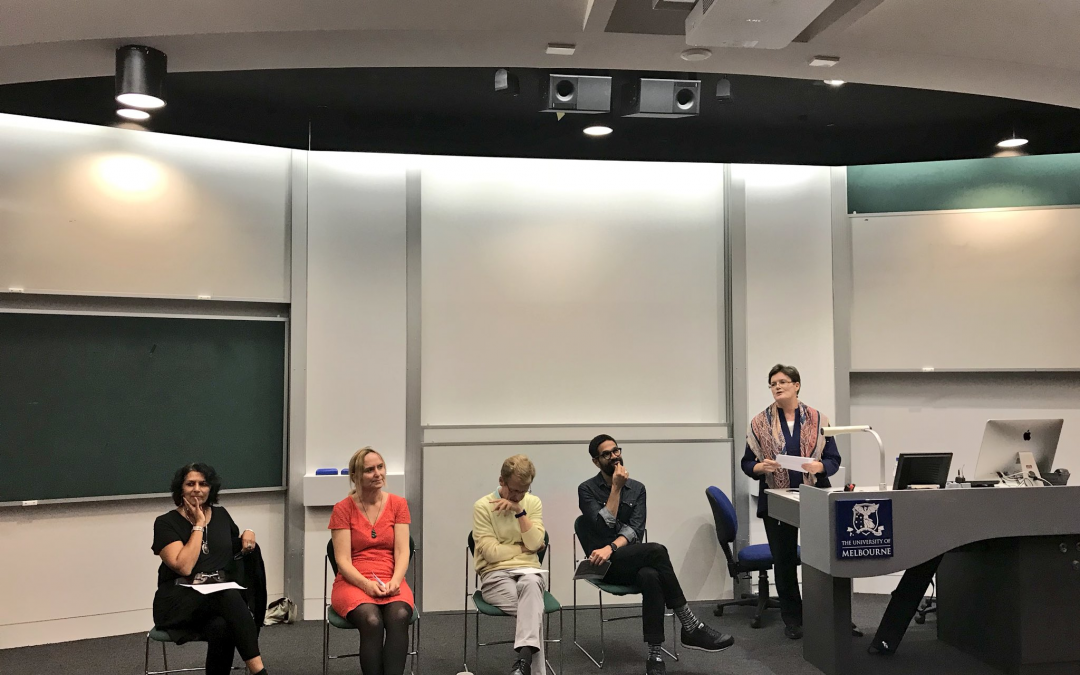
Addressing global inequalities: new ideas for moving forward
Phuong Nguyen, Master of Development Studies, President of the Graduate Organisation of Development Students (GOODS) at the University of Melbourne, Australia
Are global inequalities growing or diminishing? With the rise of new global powers, are the dimensions of inequalities shifting across borders, becoming more complex than ever? As a development practitioner and a critical social scientist, have you yourself done anything that – even with good intentions – reinforced structural inequalities in society?
Over the three days of the New Geographies of Global Inequalities and Social Justice Conference at the University of Melbourne, I had the chance to engage with academics, activists and practitioners from around the world, whose brilliant ideas and scholarship have enlightened me in my quest to answer some of these questions. For me three themes emerged from the papers presented. read more…

Community Contracting: together, we build our future
Kani Ming Chu Lam
“We are homeless, but not hopeless.” said proudly the youth representative of National Slum Dwellers Federation of Uganda (NSDFU), Jinja region, on the first day we met during an introductory section with the federation members. This marked the beginning of an unforgettable and inspiring 10-day fieldwork in Uganda – a highlight of my one-year International Development master’s programme.
My pathway, Poverty, Inequality and Development, spent 8 days in Jinja, the second largest region in Uganda, and worked mainly with NSDFU-Jinja and its supporting national NGO, ACTogether. With their kind assistance, we carried out research on participation and empowerment in slum upgrading, focusing on four key strands of NSDFU’s work: enumeration and profiling, savings groups, projects and livelihoods. read more…
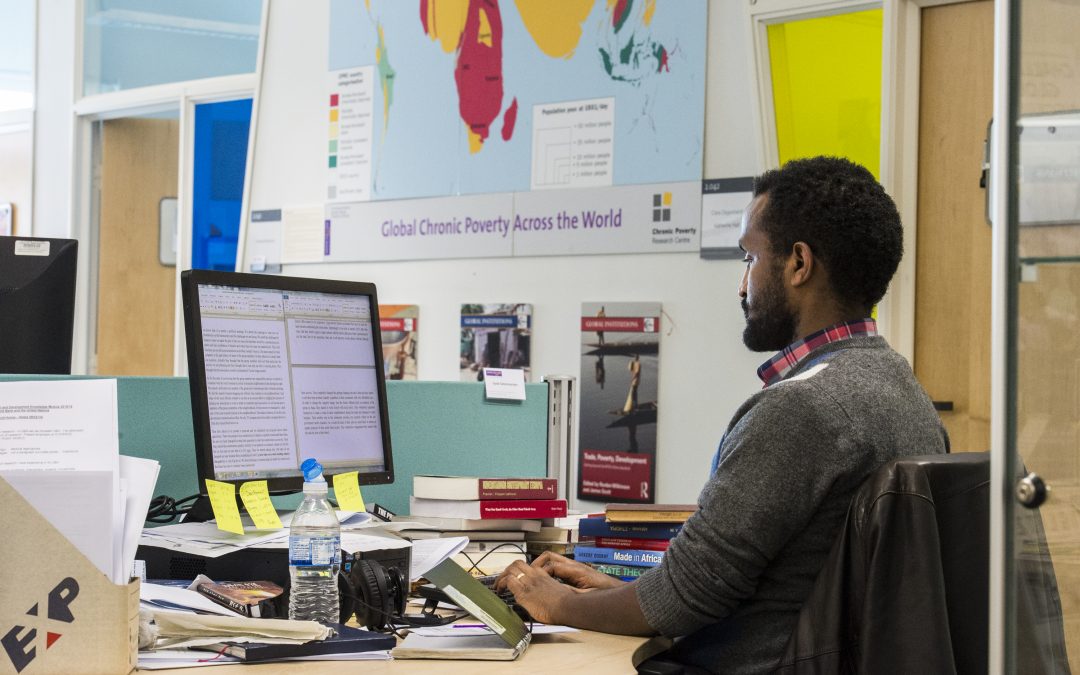
Letter to a prospective PhD student
I write in anticipation of your imminent email asking me to be your PhD supervisor. Firstly, I am flattered that you have chosen to approach me out of the blue, I look forward to hearing more about your proposed research. However, I receive many approaches each year as my institution – sensibly – asks that each applicant have agreed a supervisor prior to formally applying. Many of these approaches make similar mistakes that I would like you to avoid. So, before you do fatefully press send, I’d like to caution you first against making some common mistakes: read more…
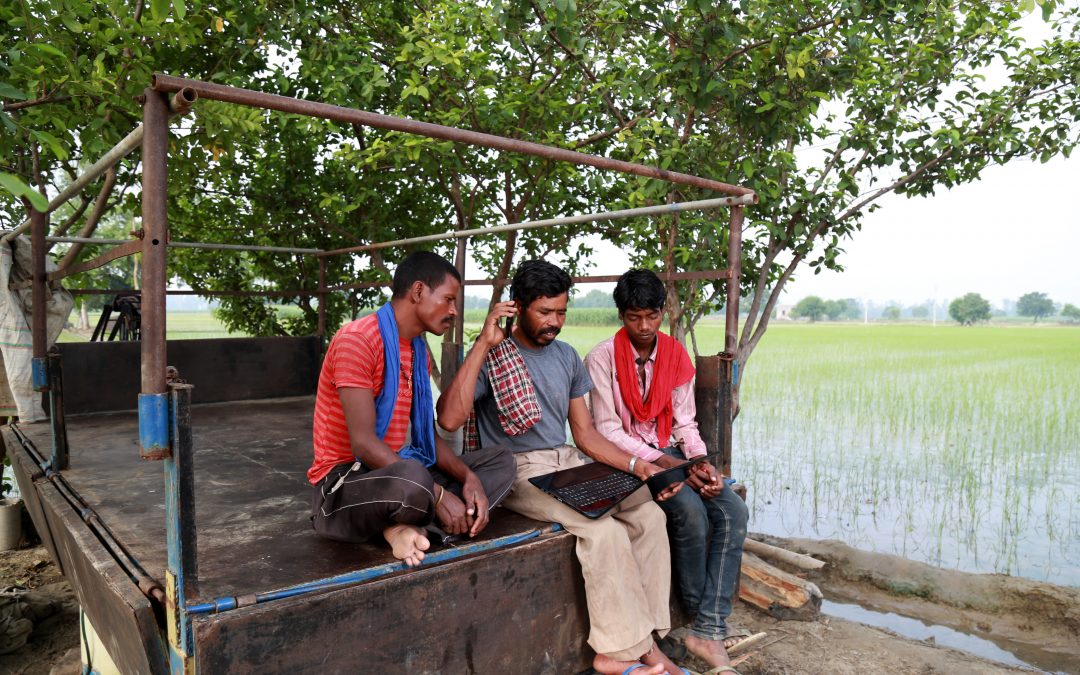
New book from Richard Duncombe: Digital Technology For Agricultural and Rural Development in the Global South
Global Development Institute researcher Dr Richard Duncombe is the editor of a new book sharing research and practice on current trends in digital technology for agricultural and rural development in the Global South.
The population of the Global South is growing rapidly. As populations grow so do requirements for food and nutrition. Improvements in agricultural productivity and sustainability are essential conditions for development to take place, in this respect. Some regions of the Global South have seen greater success than others in terms of agricultural growth. Low agricultural productivity in the Global South can be attributed to lack of knowledge of up-to-date technologies and practices, as well as issues such as climate change. read more…
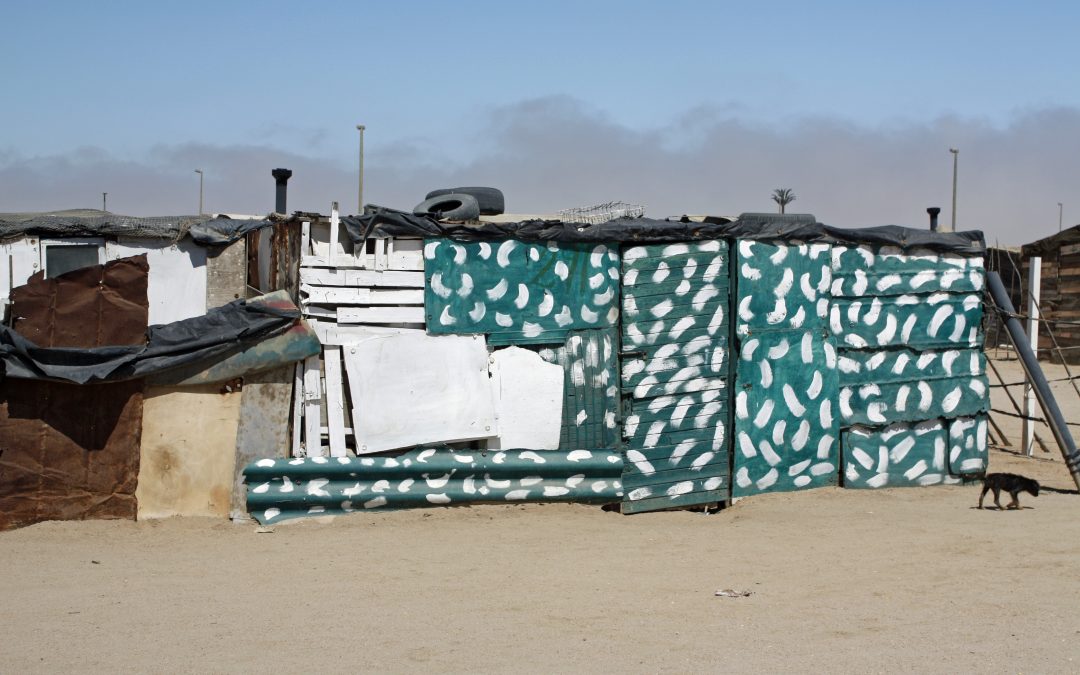
In Conversation: Beth Chitekwe-Biti & Ezana Haddis Weldeghebrael
Listen to Beth Chitekwe-Biti and Ezana Haddis Weldeghebrael discuss the recent political changes in Zimbabwe and what they mean for the urban poor.
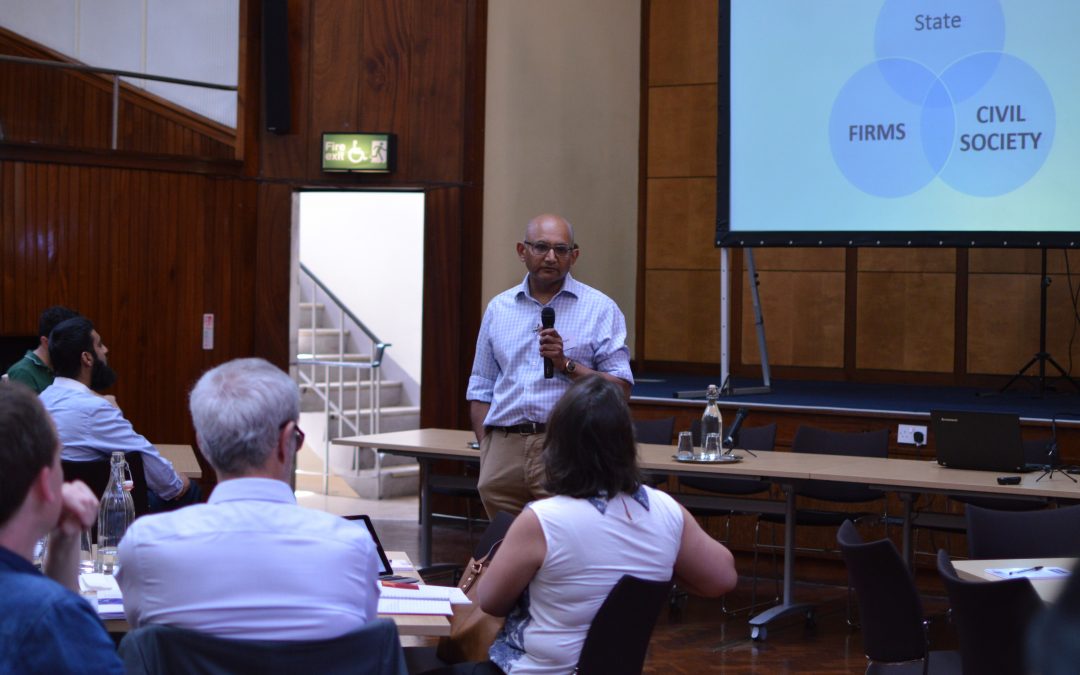
In conversation: Khalid Nadvi and Rory Horner
Global Development Institute academics, Khalid Nadvi and Rory Horner discuss the growing body of research which points to the ‘Rise of the South’ and the growth of South–South trade. Rory and Khalid consider the implications of the shifting dynamics of global trade and the greater prominence of Southern actors for the conceptualization of global value chains and global production networks.
Khalid Nadi and Rory Horner recently guest edited a special issue of Global Networks which looked at ‘global production networks and the new contours of development in the global south’.
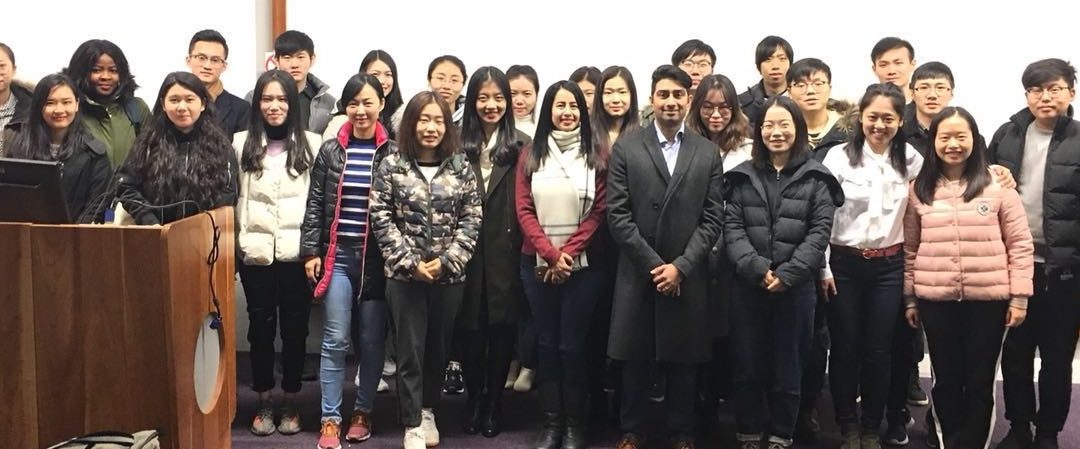
Bringing practical human resource management insight to students.
The University of Manchester’s Global Development Institute offers a range of taught master’s programmes focusing on human resource management, organisational change and managing and delivering development projects.
The master’s programme includes fieldwork and visits to organisations as well as guest lectures providing students with an opportunity to gain insights into practice-focused human resource and international management.
As an adjunct to the Organisational Behaviour course unit and part of the Study Enhancement Programme of the MSc HRM programme, guest lecture sessions provide students with an opportunity to gain insights into practice. Humayoun Akhtar from World Pay presented human resource and international management challenges facing the multinational UK-USA managed company. Akhtar linked Human Resource theories and practice through issues and examples from the international digital payment organisation. The session also included reflective learning time through group discussion and Q&A.
In memory of Simeen Mahmud
Everyone at the Global Development Institute was saddened to hear that Simeen Mahmud recently passed away.
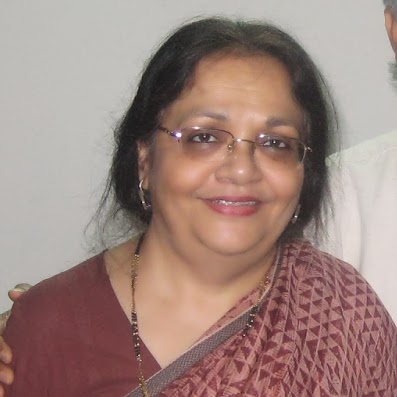 Simeen was head of the Gender Studies Cluster and the Coordinator of the Centre for Gender and Social Transformation (CGST) at BRAC University in Bangladesh.
Simeen was head of the Gender Studies Cluster and the Coordinator of the Centre for Gender and Social Transformation (CGST) at BRAC University in Bangladesh.
She was a regular and outstanding collaborator on many large research projects with GDI, including the Chronic Poverty Research Centre and the Effective States and Inclusive Development research centre.
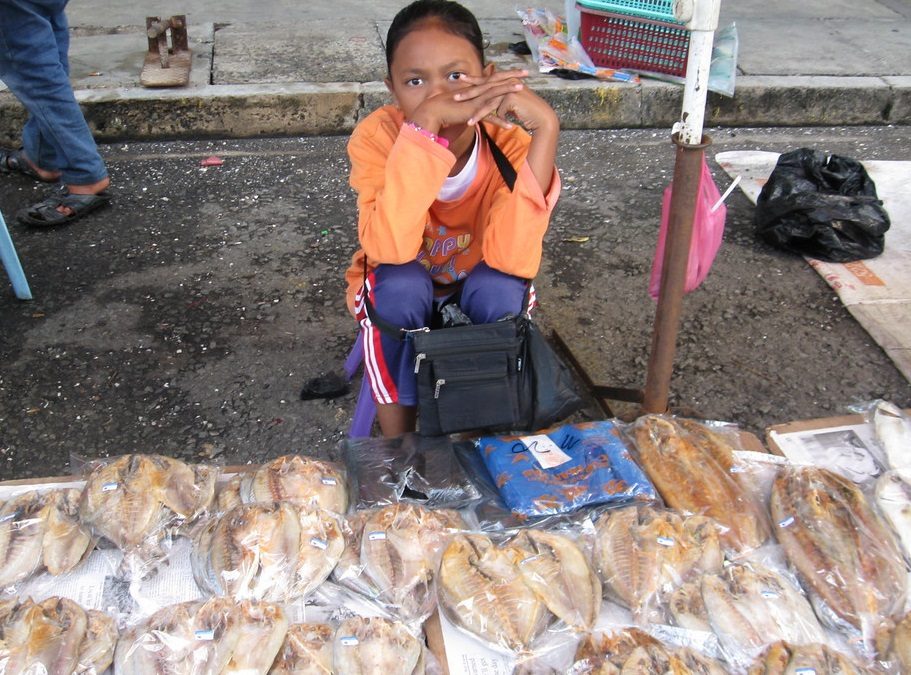
Financial inclusion in Indonesia
Gindo Tampubolon, Lecturer in Poverty, Global Development Institute
Bringing financial services to people is key to enhance the chance of poor people to participate in development and reap its fruits. By connecting savers, who put their funds into an institution, and entrepreneurs, who spot opportunities for their talents, a bank or financial institution makes the best allocation of both funds and talents across space. By giving loans to students from poor families in order to pursue chosen training, the institution allocates investor funds for creating talents and opportunities for the future.
Evidence is thin, however, on how many people use financial services in developing countries. read more…
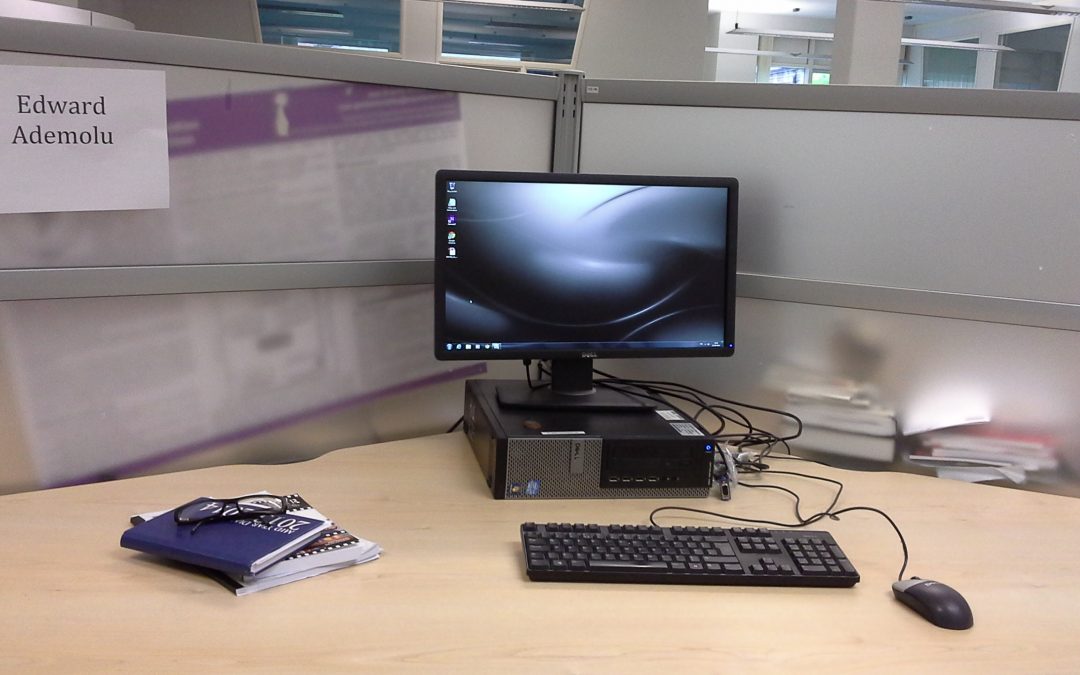
The Dyslexic Imposterisms of a PhD student
Edward Ademolu, PhD Researcher, Global Development Institute
Hi everyone, my name is Edward – a doctoral researcher and I hold my hands up, I suffer with dyslexia imposterisms. Thank you. *Takes a seat among the other equally-inflicted*.
So when did it start? Oh okay, um alright let’s see, well I guess at the start of my PhD programme, you know the introductory – Bakewell slices and Elderflower cordial – stage. It was at this very point, the point of exchanging muffled chit-chats with other frayed-cuffed newbies and overhearing what sounded like Laureate-award-winning and Nobel Peace Prize-worthy research ideas.
